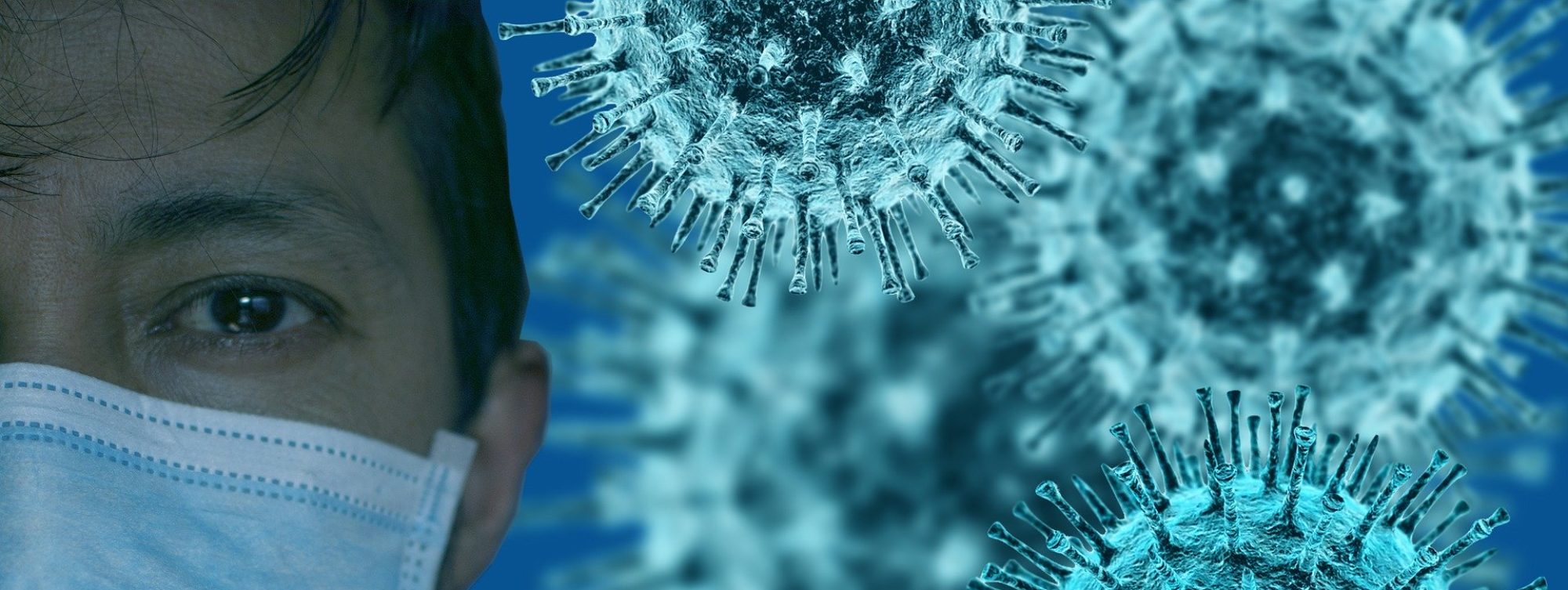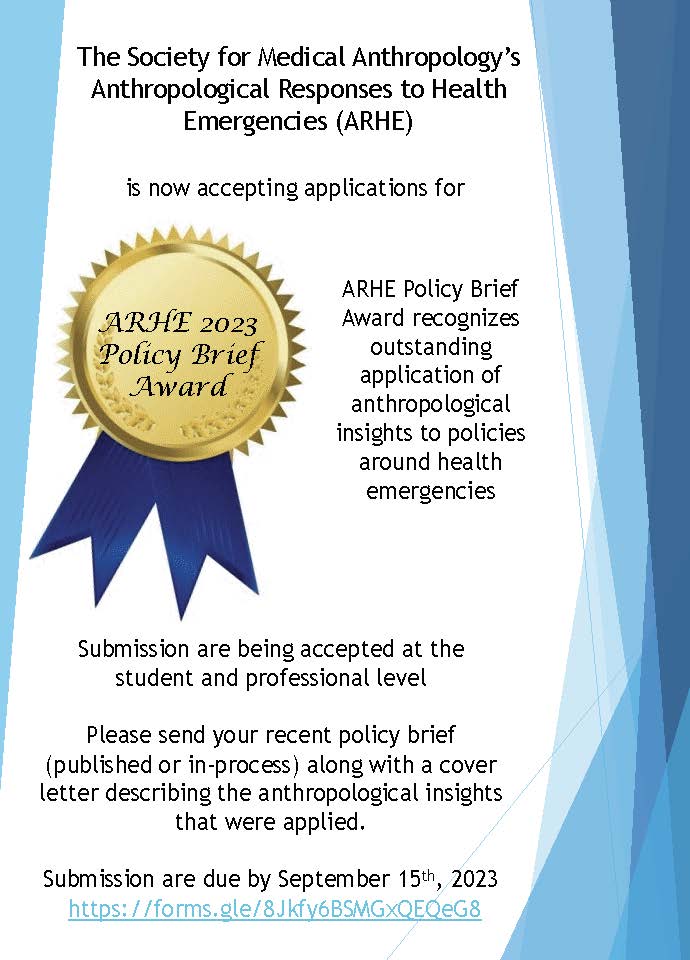Working Definitions: Making and Unmaking “Medical Anthropology” around the World
Somatosphere Special Series
Editors: Professor Paschal Kum Awah (Chair, Anthropology, University of Yaoundé I) and Elizabeth Durham (PhD Candidate, Anthropology, Princeton University)
Anthropology’s interest in health, illness, prevention, and treatment is longstanding and increasingly robust. In this era of medical development, epidemics and pandemics, and debates in both the oft-called “Global North” and “Global South” over anthropology, colonialism, and associated prefixes (post-, neo-, de-), the constellation of theory and praxis known as medical anthropology has traveled fast and far. In this Somatosphere special series, we seek to at once ground and unsettle the contours of “medical anthropology” itself by highlighting encounters between anthropologists and healthcare providers — and especially among anthropologists working in the same field or setting — in which the scope and purpose of medical anthropology are foregrounded and framed as questions. What constitutes an appropriate focus of study for medical anthropology? What are the parameters of “being appropriate”? To what or whose ends are the findings of medical anthropology best put? How do discourses on culture (e.g. “authenticity”) and power (e.g. “legitimacy”) adjudicate the limits and insights of medical anthropology? How does health-focused collaboration proceed, and should it, when collaborators have markedly different views of the practice and point of medical anthropology?
We welcome single-authored and multiple-authored contributions but prioritize the latter to best explore the potential and texture of relations among scholars hailing from or identifying with different communities, histories, and positions of power. To this end, we particularly encourage contributions from authorial teams comprised of colleagues from both the “Global North” and “Global South.” Our call includes but is not limited to the following themes:
–Voluntary and state-mandated collaboration between citizen and non-citizen anthropologists
–Encounters among “academic” and “applied” anthropologies, public health, and/or culturalism
–Negotiations of therapeutic intellectual property/practice; rights to knowledge, secrecy, and study; and underlying moral and legal frameworks of rights and rightsholders
–Negotiations of research ethics norms between healthcare providers and anthropologists, and among anthropologists (and the institutions that train and employ them)
–MD/PhD training programs and their implications for research, critique, and collaboration
–Funding and institutional incentives and disincentives to collaboration in medical anthropology
–Debates over the globality of biomedicine, the “global” as a useful site or analytic, and dynamics between biomedicine and ethnomedicine
–COVID-19 and the timeframe and sociality of knowledge production in medical anthropology
If you would like to contribute, please email a short abstract (250-300 words) to awahpaschal@yahoo.fr and edurham@princeton.edu by July 31, 2020. Final contributions will range from 1,500-2,500 words, though we will consider shorter and longer pieces as necessary. While Somatosphere usually publishes in English, we welcome abstracts and contributions in other languages and will work with authors to arrange translation. Translated contributions will appear in both their original language and English on the Somatosphere website.


